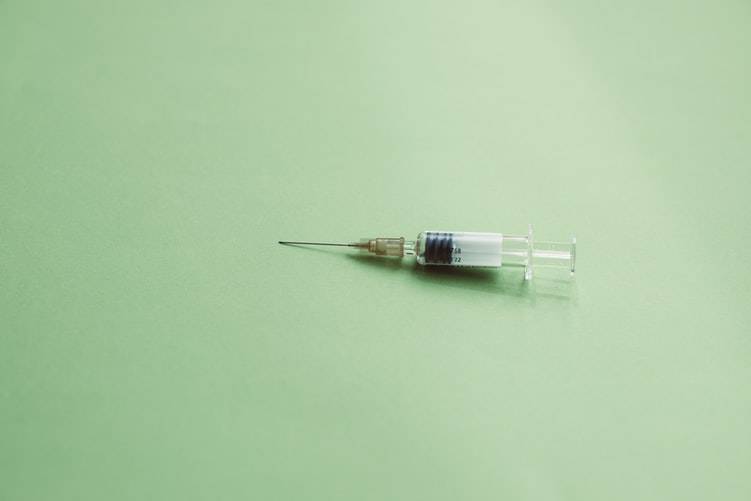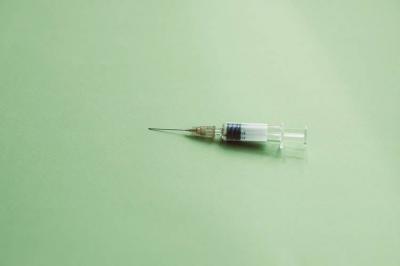Dr. Catherine O'Brien, vaccine and immunity official at the World Health Organization (WHO), stated that there are currently more than 17 vaccines in use globally and that most countries have multiple vaccines being utilized in their COVID-19 vaccination programs. In the 54th episode of the "Science in 5" program, hosted by Fismita Gupta Smith and broadcast by the WHO on its official social media accounts, Dr. O'Brien added that there is no evidence supporting the claim that all vaccines are similar, hence it is not advisable to receive one dose from one product and a different dose from another.
### Two Doses of mRNA Vaccines
Dr. O'Brien clarified that while there has not yet been evidence to determine the efficacy of most mixing or matching procedures, there is indeed some evidence that a first dose of the AstraZeneca vaccine can be combined with any mRNA-based vaccines, such as Pfizer and Moderna. She explained that "what we know is that a person has a better response if they start with the AstraZeneca vaccine and then receive the mRNA vaccine or vice versa. Both approaches can be effective and are considered safe. However, beyond this, there is currently no evidence regarding the effectiveness of other mixing and matching systems, as the results of ongoing trials on mixing mRNA vaccines with other vaccines have not yet emerged."
### A Safe Approach
Dr. O'Brien noted that clinical trial results, which combine a first dose of the AstraZeneca, Pfizer, or Moderna vaccine followed by a second dose of another vaccine or vice versa, have indicated that it is a safe procedure with respect to the level of reaction at the injection site and some short-term general reactions that some might experience, such as mild fever. She emphasized that the safety evidence of mixing mRNA vaccines is important because any recommendations issued by the WHO must consider safety standards.
### Routine Common Practice
Regarding the issue of fractional doses, Dr. O'Brien stated that this practice is not exclusive to COVID-19 vaccines but is being tested for other vaccines as well. She pointed out that clinical trials conducted on fractional doses have mainly focused on exploring what dose individuals should receive, and thus the doses that have been generalized so far have proven through clinical trials to provide very high protection against severe cases of COVID-19.
Dr. O'Brien added that WHO experts acknowledge that in the future, there may be some evidence suggesting the need for booster doses, or that it might be possible to lower the doses of some vaccines to achieve better outcomes. She mentioned that clinical research is currently being conducted to ascertain whether a small portion of the usual dose could be effective, confirming that there is no answer to this question yet, but it is certainly an area being examined closely. Experts anticipate that evidence will surface in the future regarding whether fractional doses or additional booster doses are necessary, and whether the full dose currently used for vaccinations should be maintained as standard doses or if a smaller portion of that dose should be used.
### No to Fractional Doses
Dr. O'Brien cited similar research that has already been conducted on other vaccines to improve vaccination outcomes and enhance disease control campaigns, such as for polio and yellow fever vaccines. She clarified that clinical research in this area is not new and has been explored before with various vaccines, and these steps are taken for many vaccines to optimize available supply while achieving the best immune response with the highest degree of safety. She concluded by stating, "Therefore, while waiting for research in this area to mature and for evidence-backed results to become available, the experts at the WHO do not currently recommend fractional doses (or partial doses)."




